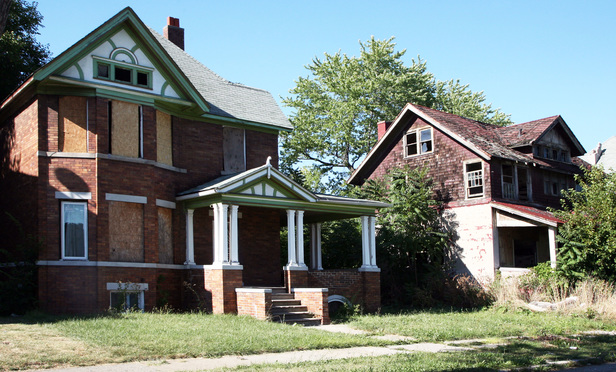Philadelphians who have had their property seized as part of the city’s civil asset forfeiture program were in federal court Monday asking for class status, arguing that an inherent conflict of interest in the program has denied due process to thousands of individuals.
Darpana Sheth of the Institute for Justice, a nonprofit advocacy group representing the plaintiffs in Sourovelis v. City of Philadelphia, told U.S. District Judge Eduardo C. Robreno of the Eastern District of Pennsylvania that proceeds from the forfeiture of houses, cars and cash create an annual revenue stream of nearly $6 million and represent as much as 20 percent of the district attorney’s budget. The result, she said, is a profit motive—an “institutional conflict of interest”—that taints every aspect of the program.
This content has been archived. It is available through our partners, LexisNexis® and Bloomberg Law.
To view this content, please continue to their sites.
Not a Lexis Subscriber?
Subscribe Now
Not a Bloomberg Law Subscriber?
Subscribe Now
LexisNexis® and Bloomberg Law are third party online distributors of the broad collection of current and archived versions of ALM's legal news publications. LexisNexis® and Bloomberg Law customers are able to access and use ALM's content, including content from the National Law Journal, The American Lawyer, Legaltech News, The New York Law Journal, and Corporate Counsel, as well as other sources of legal information.
For questions call 1-877-256-2472 or contact us at [email protected]



